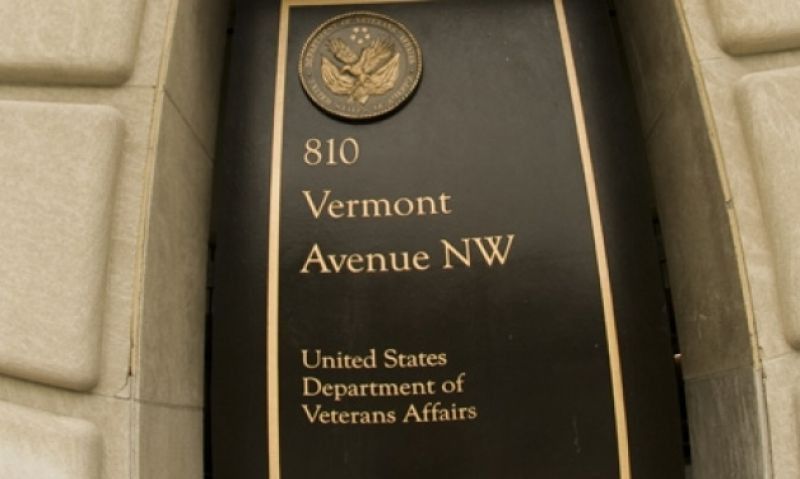
VA expands access to care, benefits for some former servicemembers who did not receive an honorable or general discharge
Today, the Department of Veterans Affairs posted a final rule amending its regulations regarding character of discharge determinations, expanding access to VA care and benefits for some former service members discharged under other than honorable conditions or by special court-martial.
When former service members with other than honorable discharges and bad conduct discharges (adjudged at special court-martial) apply for VA benefits and services, we carefully review their records to determine if we can provide them the requested care and benefits. This process helps ensure that VA can provide services to deserving former service members – including certain individuals who faced discrimination, survived sexual assault or harassment, struggled with their mental or physical health, or faced other challenges while serving in the military.
VA’s new regulation will expand access to care and benefits for certain former service members by:
· Eliminating the regulatory bar for “homosexual acts involving aggravating circumstances or other factors affecting the performance of duty” as a bar to benefits. While VA had already taken steps to ensure full and fair access to benefits for former service members discharged based on homosexual conduct, gender identity, or HIV status, this move further solidifies VA’s commitment to reducing disparity for these groups in the adjudication process.
· Creating a “compelling circumstances exception” for certain former service members: For certain former service members discharged for “willful and persistent misconduct” or an “offense involving moral turpitude,” VA will now consider and determine if a compelling circumstances exception will permit VA to nonetheless provide care and services. Under this exception, VA will consider the former service member’s length and character of service, mental and cognitive impairment, physical health, combat-related hardship, whether the person was the survivor of sexual abuse/assault or discrimination, and more. This new exception creates a new path for VA to provide benefits and services to deserving former service members.
· Opening the door for previously denied service members to reapply: Because of these changes, former service members previously found ineligible for VA services may now be eligible for benefits and are encouraged to re-apply.
“We encourage former service members with other than honorable discharges to apply for VA care and benefits today,” said VA Secretary Denis McDonough. “Although VA cannot change your discharge status, we want to provide you with any health care or benefits we can – and we will work with you every step of the way to do exactly that.”
VA has conducted extensive outreach to service members with other than honorable and bad conduct discharges adjudged at special court-martial in recent years, increasing the number who applied for VA care or benefits from approximately 1,700 in 2012 to more than 10,000 in 2023.
The VA character of discharge determination does not change the Armed Forces’ characterization of service and has no effect on the former Service member’s military discharge status. VA’s determination is for VA benefits and services eligibility purposes only.
Any discharge characterized as “honorable” or “general – under honorable conditions” satisfies the character of discharge requirement for basic eligibility for most VA benefits. Former service members who did not receive those discharges are not automatically disqualified from receiving VA care or benefits. However, barring a ruling of insanity, VA does not provide benefits to service members who are discharged with a “dishonorable discharge;” service members who were discharged for desertion, mutiny, going AWOL for 180 continuous days, or espionage; or service members discharged by sentence of a general court martial, discharged in lieu of trial, discharged as a “resignation by an officer for the good of the service,” or discharged as a conscientious objector. VA does apply a compelling circumstances exception for AWOL when appropriate.
Learn more about former service members applying for benefits and character of discharge.
